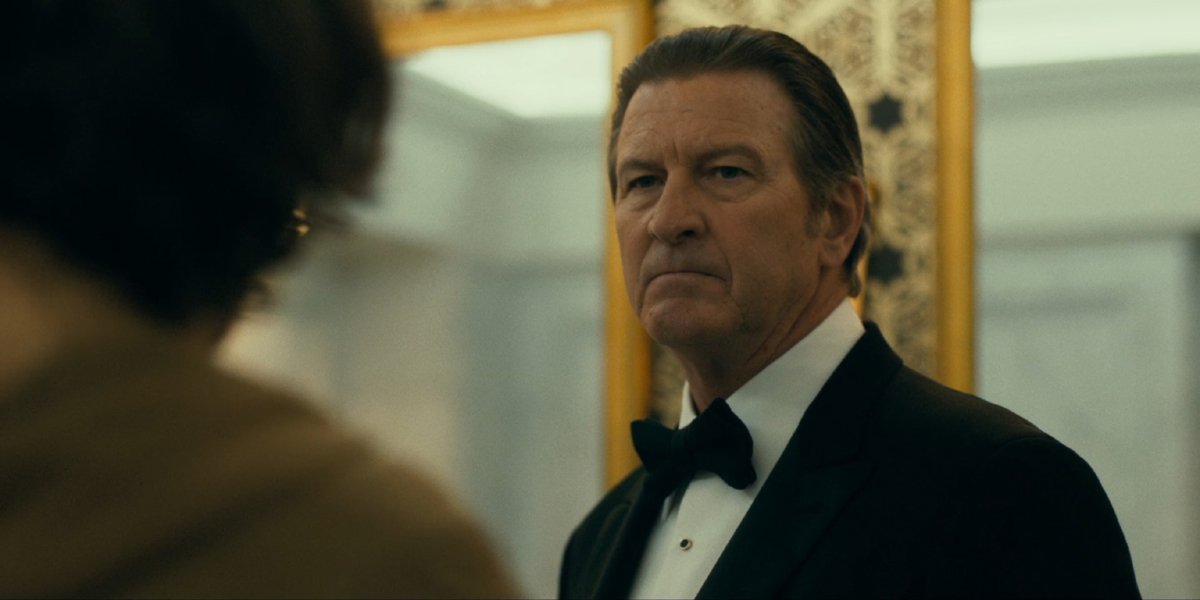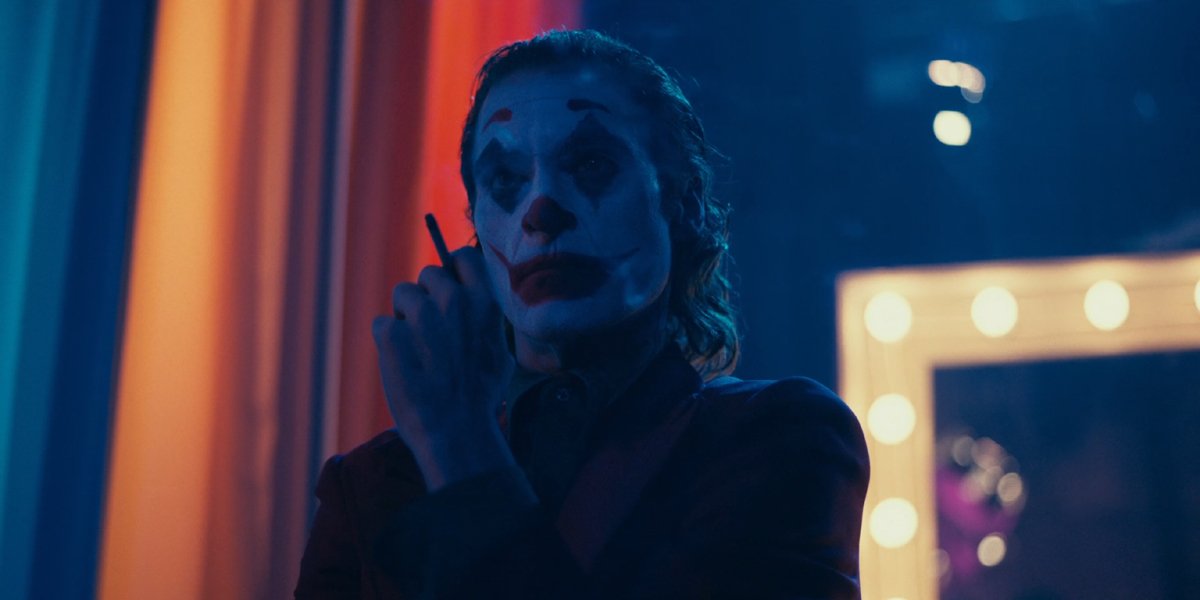
SPOILER WARNING: The following article contains major spoilers for Joker. If you have not yet seen the film, please proceed at your own risk!
There are many ways that Todd Phillips’ Joker is different than any previous adaptation of Batman lore, but there is one event that happens in the third act with which fans are now basically overfamiliar. I am, of course, referring to the scene where the Wayne family is followed down a dark alley next to a theater, and Thomas and Martha are killed, leaving young Master Bruce an orphan.
It’s an infamous moment that we’ve seen depicted many, many times in cinema history, but as a result we are at a point where it’s hard to blame anyone for rolling their eyes when they see it play out. It’s been a part of pretty much every major big screen incarnation of the story, from Tim Burton, to Christopher Nolan, to Zack Snyder – not to mention the number of times we’ve seen it on television – and now it’s almost comedic to count the different versions (yes, there are supercuts).
This in mind, its reenactment in Joker could be an easy target for criticism, as one might argue that it’s a return to an overused-and-therefore-dried-up well, but when you really examine it, the moment is actually a crucial piece the puzzle. Not only does it ultimately help define the film in a way that is important to its connection to the larger DC multiverse, but it also has an important impact on the way in which we comprehend the larger narrative and this vision of Gotham City.
This isn’t just a serial killer clown movie.
In the run up to the release of Joker, there was a lot of conversation about how much the film would be leaning on established source material – with Todd Phillips notably saying he “didn’t follow anything” from the comics in determining the origin story. It created an interesting question regarding just how much of the familiar audiences would be getting from the movie, but at the same time it also created a particular concern. Namely, there was a worry that the gritty villain-centric blockbuster wouldn’t so much be so much about Gotham’s famed Clown Prince Of Crime, as it would be about a mentally-disturbed killer that happened to dress up as a clown.
This isn’t an apprehension that is quelled by events early in the movie, either. While Gotham is definitely the setting of the story, and there is a key role played by billionaire Thomas Wayne (portrayed by Brett Cullen), most of Joker plays around with a total disconnect from stories we’ve previously seen. But then Thomas and Martha Wayne get killed, and suddenly it isn’t just a dark character study, but instead specifically a film about Batman’s greatest enemy.
It’s an important distinction because of the weight carried by the title. If Warner Bros. wanted to make a killer clown movie, they could have put any name on it they wanted, but the fact that they decided to call it Joker needed to mean something within the film itself. This required the story to have something that, in the grand spectrum, would ground the movie in the known DC world, and because that itself required the employment of something familiar, including the death of the Waynes makes perfect sense.
But it also changes the way that we look at Arthur’s story and transformation.
More than just the macro perspective that helps articulate what Joker is within a larger legacy, the double murder also adds a key context to the “antics” of Joaquin Phoenix’s Arthur Fleck, and it has a deeper impact on the way in which we see everything at the end of the movie. Essentially, it’s an enforcement of the fact that this is a story where Batman isn’t operating yet, and his arch enemy is roaming around without any kind of real check.
A significant part of what makes Joker so unnerving is the fact that this is the first time in the eponymous character’s cinematic existence that he’s appeared without any kind of foil – and that foil typically acts as a kind of safety net for fans. While seeing The Joker going around chaotically killing people isn’t novel, it was made palatable in the past by the fact that the Caped Crusader could swoop in and stop him before the psychopathic villain could go too far.
That’s not Joker, though, and the murder of Thomas and Martha Wayne at the end of the film affirms that. While this is a world that will eventually see the rise of the Dark Knight on a mission to clean up Gotham, that particular story is only at its very nascent beginnings in the Todd Phillips feature, and that is its own kind of disturbing. Bruce Wayne, who hasn’t even hit double digits in age yet, still has a lot of pain to process from the event, and a lot to go through on his personal journey. But meanwhile Arthur Fleck has already finished his own particular search for self-understanding and has become who he has meant to be. He potentially has years and years of death and mayhem ahead of him before a vigilante dressed as a bat starts to try and stop him.
At the end of it all, when fans complain about Batman movies repeatedly featuring the death of Bruce Wayne’s parents, what’s really at the heart of the issue is the fact that it’s an origin story we all know at this point, and each new version of the murder just feels like its beating a dead horse by revealing it as the massive event that defines the emotional state of the legendary hero. But that’s not what we have here. Joker instead uses the context of the event in a way that we have never seen before on the big screen, all while utilizing all of the familiar iconography of the moment (from the Zorro movie, to the torn pearl necklace), and it not only works, but actually feels special.

